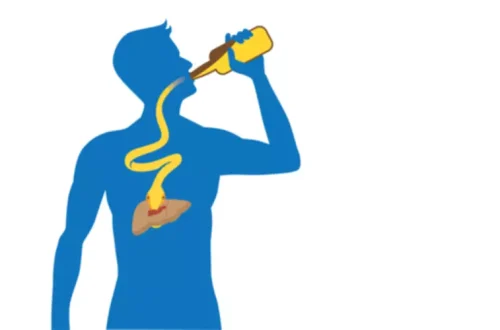Alcohol Withdrawal: Symptoms, Treatment & Timeline
September 11, 2024

However, symptom-triggered therapy based on the CIWA-Ar protocol depends on correct application of the inventory (16). Patients with severe alcohol withdrawal symptoms and all those with seizures during previous alcohol withdrawal episodes have higher are alcohol withdrawal seizures dangerous risk for alcohol withdrawal seizures and may benefit from seizure preventive treatment (19). When pharmacological treatment is necessary, benzodiazepines should be chosen for the primary prevention of seizures in a person with alcohol withdrawal.
What is the treatment for alcohol withdrawal?
Alcohol dependence results from compensatory changes during prolonged alcohol exposure, including internalization of GABAA receptors, which allows adaptation to these effects. Withdrawal seizures are believed to reflect unmasking of these changes and may also involve specific withdrawal-induced cellular events, such as rapid increases in α4 subunit–containing GABAA receptors that confer reduced inhibitory function. Optimizing approaches to the prevention of alcohol withdrawal seizures requires an understanding of the distinct neurobiologic mechanisms that underlie these seizures. Alcohol withdrawal is a distinctive clinical syndrome with potentially serious consequences (see table) (American Psychiatric Association 1994).
Drink in Moderation and Avoid Binge Drinking
- They also indicated that barbiturates have the potential of treating patients who become refractory to benzodiazepines.
- This article deals only with seizures occurring during alcohol withdrawal in adults.
- Neurologic disorders can include fetal alcohol syndrome, dementia, and alcoholic neuropathy.
- The endogenous opioid polypeptides endorphin, enkephalin, and dynorphin are distributed throughout the brain and principally operate at mu (MOR), delta (DOR), and kappa (KOR) opiate receptors, respectively, to produce their behavioral and physiologic actions (Bodnar, 2012).
Seizures that begin locally (e.g., with twitching of a limb) suggest the presence of a co-occurring disorder, which should be fully investigated. Brain imaging examinations were conducted in 31 HC and 43 AUD patients (13 mild-AWS and 30 moderate-AWS) within the same week as the neuropsychological assessment. HC and the two subgroups of AUD patients were matched for age, sex and education level. All neuroimaging examinations were performed at Cyceron center (Caen, France).
Binge Drinking Seizures

In a small number of people, binge drinking and alcohol withdrawal can cause status epilepticus, a potentially life-threatening condition where a person has prolonged seizure without regaining consciousness. Alcohol withdrawal seizures can occur 6-48 hours after the last drink, sometimes even 2-7 days after you stop alcohol consumption. Seizures (convulsions) occur during alcohol withdrawal due to changes in brain chemistry. But the relationship between alcohol intake and seizures is not straightforward.
Wernicke-Korsakoff Syndrome


Management and Treatment
- The aim of the present study was thus to explore whether, even in absence of delirium tremens and/or seizures, AWS severity contributes to the heterogeneity of cognitive deficits, brain alterations and sleep changes observed in recently detoxified AUD patients.
- In this case, altered brain structure would constitute a vulnerability factor for exhibiting more severe AWS.
- Over half of those with alcohol withdrawal seizures may have repeat seizures, and up to 5% of cases may lead to status epilepticus.
The effect of alcohol withdrawal syndrome severity on sleep, brain and cognition

Recent Comments